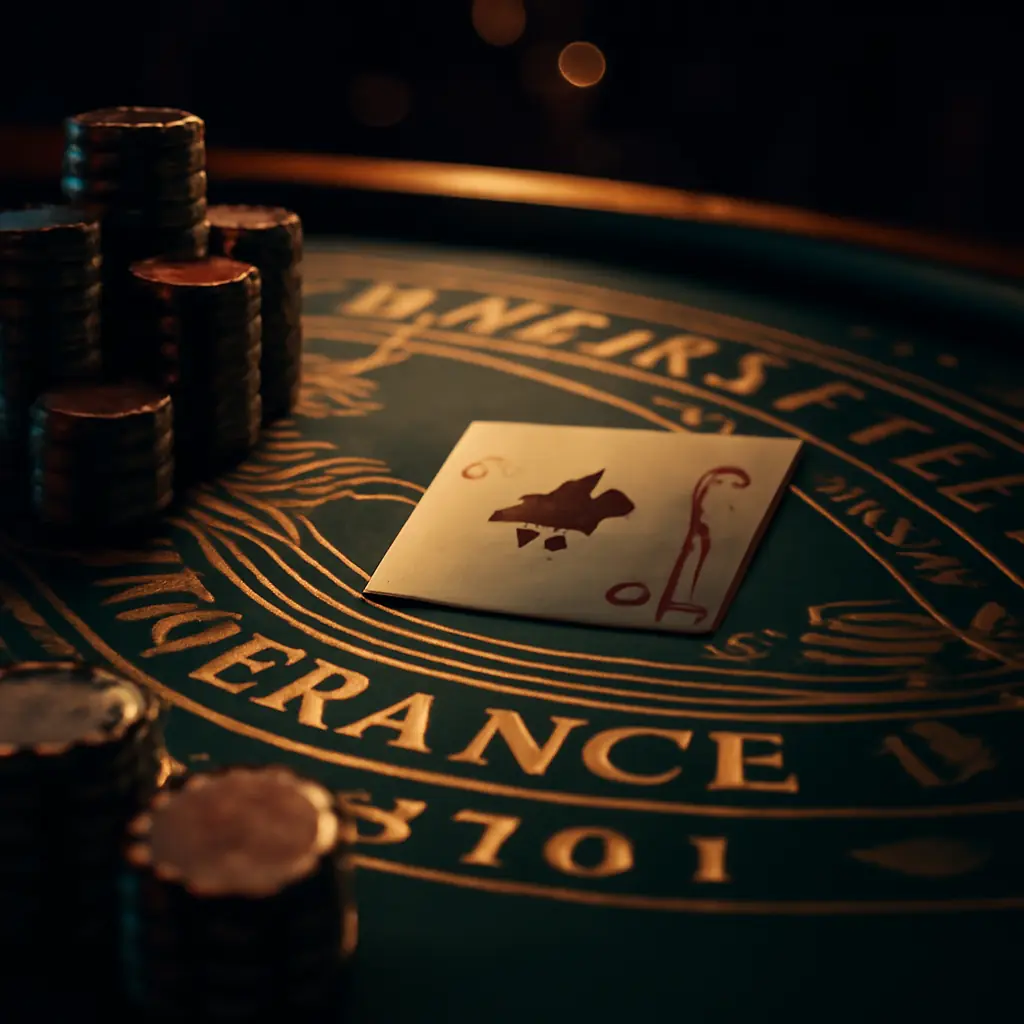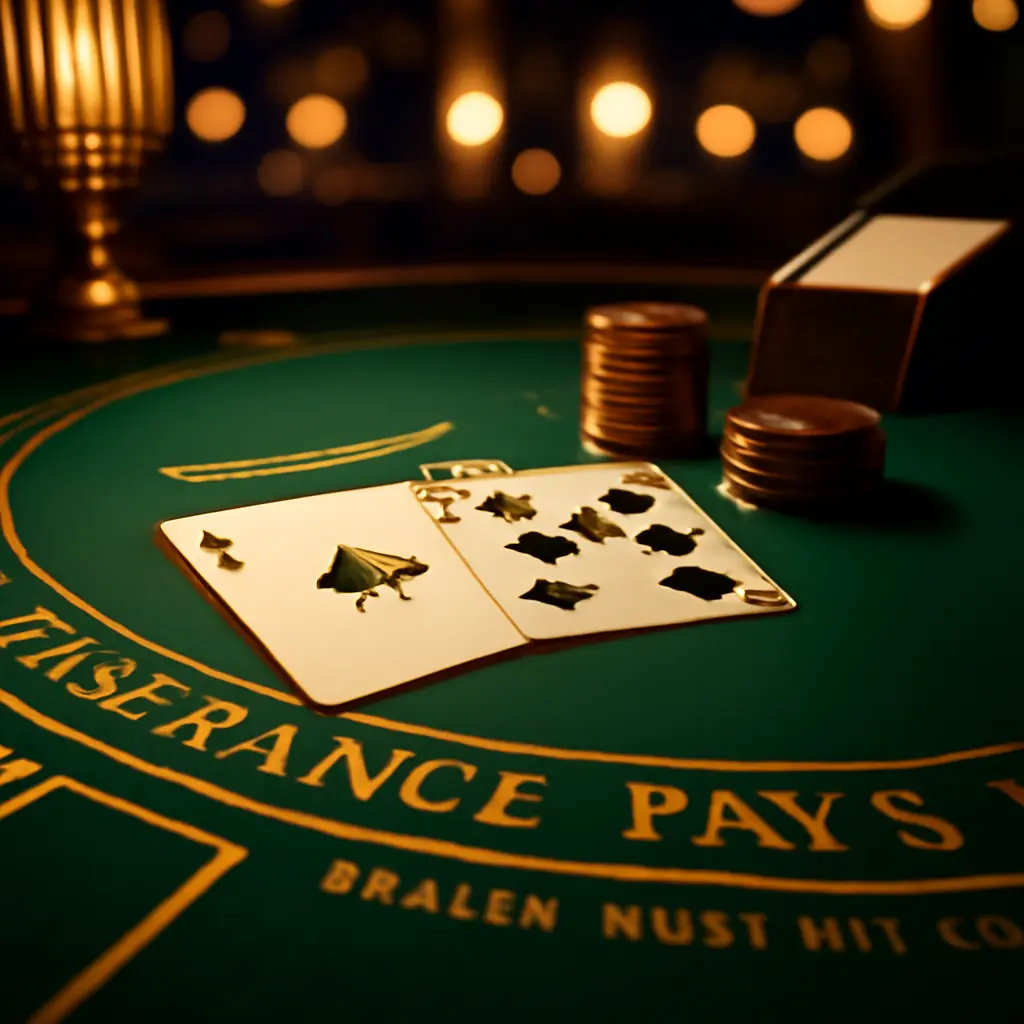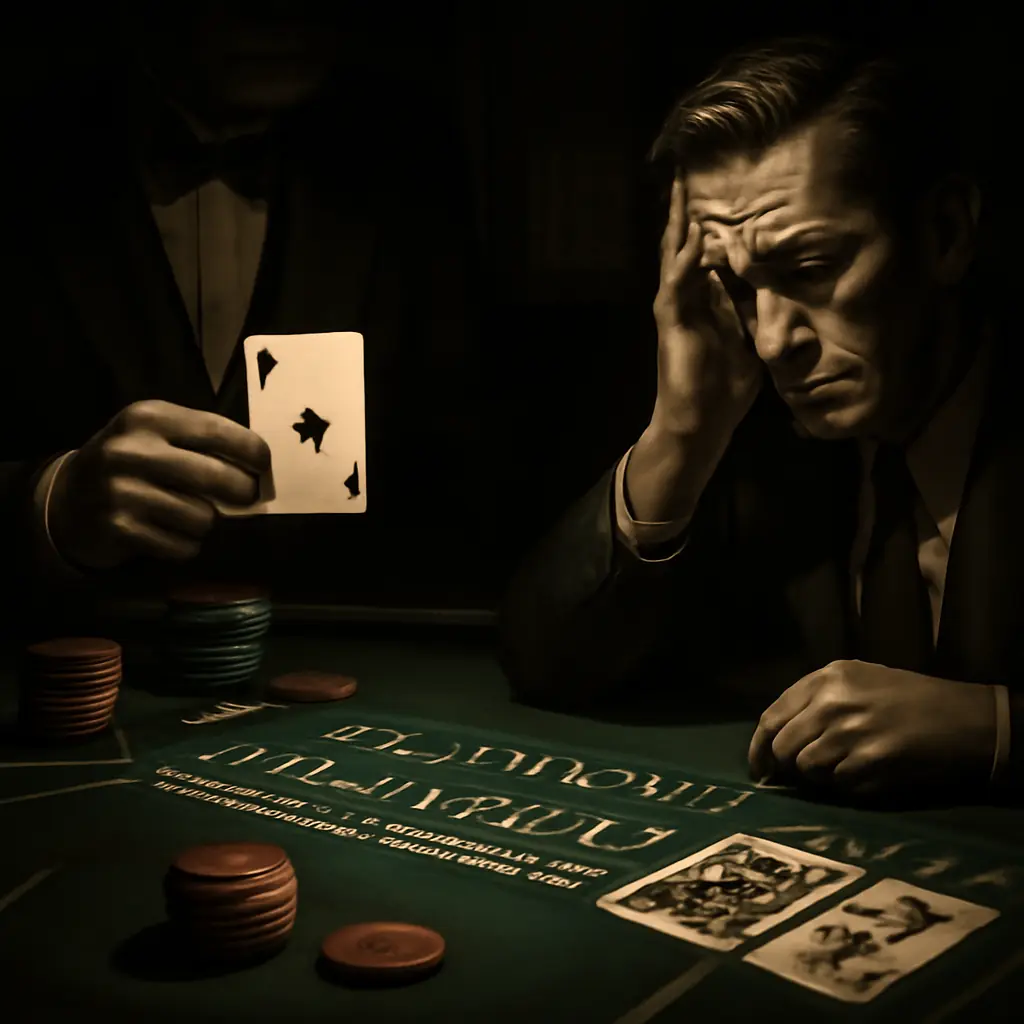
Blackjack 2:1 Payouts: Insurance & Side Bets – When to Take the Risk?
Introduction
Blackjack, the king of casino games, where skill and chance dance together on the felt. While most hands pay out at even money (1:1), there are thrilling moments when the odds shift in your favor, offering a sweet 2:1 payout. Forget the basic strategy for a moment! Today, we’re diving deep into these lucrative scenarios.
Think about it: the dealer flashes an Ace, and suddenly, the insurance bet whispers promises of doubling your money if they nail a natural. Or perhaps a tempting side bet dangles before you, hinting at a 2:1 return if luck is on your side. But, are these opportunities genuine gold, or fool’s gold?
Understanding when and why a 2:1 payout is offered is crucial for any blackjack player looking to sharpen their edge. No more guessing, no more relying on gut feeling. This guide reveals the secrets behind these payouts, so you can transform from a casual player into a strategic betting master. Prepare to make smarter, more informed decisions and leave the table with a heavier wallet.
Understanding the Basic Blackjack Payouts
Blackjack, at its core, is a game of simple rules, but understanding the payouts is crucial for any player looking to maximize their winnings. The standard payouts are straightforward: a regular win pays out at 1 to 1, meaning if you bet $10, you win $10 in addition to getting your original bet back. The real excitement, however, comes with landing a natural blackjack.
A natural blackjack is when you’re dealt an Ace and any 10-value card (10, Jack, Queen, or King) as your first two cards. This powerful hand typically pays out at 3 to 2. So, a $10 bet would yield a $15 profit. However, be aware that some casinos have shifted this payout to 6 to 5, which significantly reduces your edge. I’ve seen countless players get burned by not realizing this change. It’s vital to check the table rules before you even place your first bet; knowing the rules is half the battle. Ignoring this aspect can be a costly mistake, turning what should be a celebratory moment into a disappointing one.
The Natural Blackjack (2 to 1 Potential)
A natural blackjack, also known as a “blackjack,” instantly wins for the player. It is when the initial two cards dealt are an Ace and a ten-value card (10, Jack, Queen, or King). Typically, a natural blackjack pays out at 3:2 odds, meaning a $10 bet would win $15. However, it’s crucial to always confirm the specific payout rules of the casino or game being played, as some may offer different odds. In the event the dealer also gets a blackjack, it results in a “push,” meaning the player’s original bet is returned, and no additional payout is awarded.
Insurance: The Most Common 2 to 1 Payout
In blackjack, the insurance bet is presented as a tempting safeguard, but it’s crucial to understand its mechanics. This side bet becomes available only when the dealer’s upcard is an Ace, hinting at a potential dealer blackjack. To take insurance, a player wagers up to half of their initial bet.
Here’s how the payout works: If the dealer indeed has blackjack (aTen-value card as the hole card), the insurance bet pays out at 2 to 1. Meaning, if you bet $10 on insurance, you’ll receive $20 in winnings, plus your original $10 insurance bet back. However, if the dealer doesn’t have blackjack, you lose your insurance bet, and the game continues as normal with your initial wager.
For Example, a player bets $20 initially. The dealer shows an Ace. The player can place an insurance bet of up to $10 (half of $20). If the dealer has blackjack, the player wins $20 (2:1 payout on the $10 insurance bet) and loses the initial $20 bet. If the dealer doesn’t have blackjack, the player loses the $10 insurance bet, and the game continues with the original $20 bet in play. It is important to remember that insurance is a completely separate bet from your initial wager.
The Math Behind Insurance
In the captivating realm of blackjack, where fortunes can shift with the turn of a card, insurance emerges as a seemingly enticing proposition. But beneath the veneer of security lies a mathematical reality that often favors the house. Insurance, offered when the dealer’s upcard is an Ace, is essentially a side bet that the dealer has blackjack. While it might seem like a smart move to protect your hand, a closer look reveals why it’s generally a bad bet.
Let’s delve into the probability. When the dealer shows an Ace, the player is offered insurance. This bet pays 2:1 if the dealer has a blackjack. To win the insurance bet, the dealer needs a ten-value card (10, Jack, Queen, or King) as their hole card. In a standard deck of 52 cards, there are 16 ten-value cards. Therefore, the probability of the dealer having blackjack is 16/51 (since one card is already showing as the Ace). This equates to approximately 31.4%.
Now, consider the payout. You’re betting half your original bet to win a payout equal to your initial wager. This implies that insurance is a good bet if the probability of the dealer having blackjack is greater than 1/3 or 33.3%. But, as we calculated, the probability is only 31.4%. This difference, though seemingly small, is where the house edge creeps in. The house edge on insurance in a single-deck game is around 5.8%, making it a less-than-favorable wager for the player.
The more decks in play, the worse the insurance bet becomes for the player. The following table illustrates the house edge associated with insurance as the number of decks increases:
| Number of Decks | House Edge on Insurance |
|---|---|
| 1 | 5.8% |
| 2 | 5.9% |
| 4 | 6.3% |
| 6 | 6.4% |
| 8 | 6.5% |
In my experience, I’ve usually avoided insurance. I remember one time specifically where I stuck to my guns and skipped the insurance, even as the player beside me took it. The dealer didn’t have blackjack, and though that other player won their insurance bet, I came out ahead by sticking to the primary game. While insurance can pay off in the short run, understanding the math reveals that it’s frequently a losing proposition in the long run. Like anything in blackjack, lady luck can strike whenever and in whatever form she wants, but math is undefeated.
When to Consider Insurance (Strategically)
In blackjack, insurance is almost universally a bad bet. Basic blackjack strategy never includes taking insurance. However, there are a few specific cases where insurancemight* be considered, although these are rare and often impractical.
The primary and almost sole situation involves card counting. A skilled card counter, tracking the ratio of high to low cards, might find instances where the deck is heavily populated with tens and face cards. Since insurance pays out when the dealer has a ten-value card, a card counter could, theoretically, shift the odds slightly in their favor. However, even with card counting, the advantage is slim, and the difficulty of accurately tracking cards in a fast-paced casino environment makes this strategy highly challenging.
It’s important to emphasize that even for card counters, insurance remains a risky proposition. While a deck rich in ten-value cards increases the likelihood of the dealer having blackjack, it also increases the probability you will be dealt a valuable hand. In the long run, taking insurance will likely diminish overall results, turning it into a move better avoided.
Side Bets with 2 to 1 Payouts (A Brief Overview)
While Insurance grabs the spotlight for its potential 2 to 1 payout, it’s worth acknowledging that some blackjack variations sprinkle in other side bets boasting similar odds, or even higher. Think of them as little bonus games within the main event. One example is “Pair Square,” where you’re betting on whether your first two cards will form a pair.
However, these side bets are a different beast. They’re not fundamental to blackjack strategy like Insurance. These are far riskier, high-volatility options. Someone might drop a hefty sum on a Pair Square, while in reality it’s all based on chance to get a big win.
These bets are not part of standard blackjack and come with a house edge, so approach them with caution. While the allure of a quick win is strong, remember that these side bets can deplete your bankroll faster than you can say “hit me.” In short, a lot of the time, these are sucker bets.
Debunking Blackjack Myths (Regarding Payouts)
Blackjack, a casino favorite, is unfortunately surrounded by misconceptions, especially concerning payouts. One pervasive myth is that the dealer “always wins.” While it’s statistically true that the house has an edge in the long run, this doesn’t mean the dealer is guaranteed to win every hand or even every session. The house edge exists because of the rules of the game; for instance, players bust if they exceed 21, even if the dealer subsequently busts as well. This inherent advantage, however, plays out over thousands of hands, not necessarily in a single game.
Another common fallacy is the belief in guaranteed winning systems. Many strategies claim to ensure profits, but the reality is that no system can eliminate the element of chance in blackjack. Card counting, while legal in some contexts, is not a guaranteed path to riches and is often countered by casinos. Blackjack involves a blend of skill, such as understanding basic strategy and reading other players, and luck, which dictates the cards you’re dealt. Anyone who tells you they have a foolproof method is likely mistaken, at best, or attempting to deceive you, at worst. The thrill of blackjack lies in navigating the probabilities and making informed decisions, not in chasing unattainable guarantees.
Conclusion
Blackjack is more than just aiming for 21; it’s a game of strategy built on understanding payouts, grasping the nuances of insurance, and carefully considering side bets. A standard blackjack payout is usually 3:2, but it’s crucial to confirm this before playing, as some tables offer reduced payouts which significantly impact your odds. Insurance, while tempting when the dealer shows an Ace, is often a losing proposition in the long run due to its unfavorable odds.
Side bets? They add excitement, but remember they typically come with a higher house edge. The key takeaway here? Informed decisions are your greatest weapon at the blackjack table. Understanding these elements and applying smart strategies are what truly tilt the odds in your favor. Go forth, armed with knowledge, and elevate your blackjack experience!



